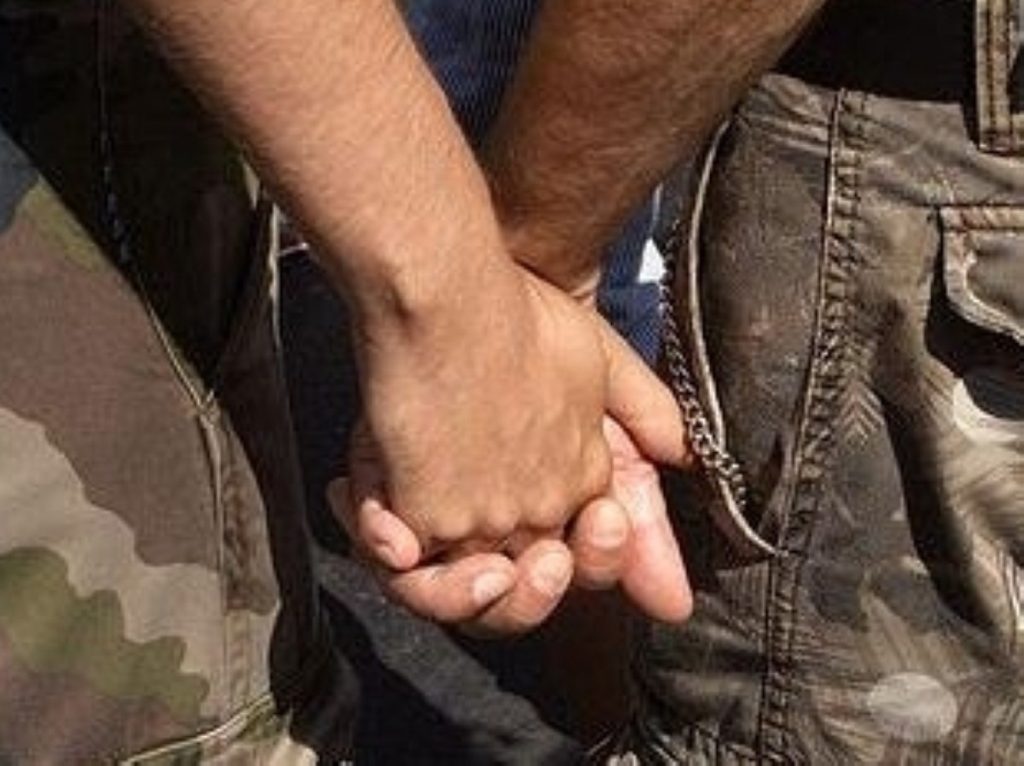Gay marriage campaigners launch European legal battle
By Peter Wozniak
Campaigners are today taking their bid to overturn bans against gay civil marriages and heterosexual civil partnerships to the European court of human rights (ECHR).
Over the past two months, eight couples – four homosexual and four heterosexual – have had their applications for civil marriages and civil partnerships rejected by registry offices throughout the UK as part of a concerted attempt to build up evidence to take to the ECHR and argue that the bans are discriminatory.
Peter Tatchell, who is fronting the ‘Equal Love’ campaign, is announcing the application this morning at King’s College London.


He said: “Since there is no difference in the rights and responsibilities involved in gay civil marriages and heterosexual civil partnerships, there is no justification for having two mutually exclusive and discriminatory systems.
“Banning black couples from getting married would provoke uproar. The prohibition on gay marriages should arouse similar outrage.
“The ban on same-sex civil marriages and opposite-sex civil partnerships is a form of legal sexual apartheid – one law for gay couples and another law for heterosexual partners. Two wrongs don’t make a right.”
The campaign’s legal advisor, Robert Wintemute, expressed confidence that the court would strike down the ban.
He said of the current laws: “It’s discriminatory and obnoxious, like having separate drinking fountains or beaches for different racial groups, even though the water is the same.
“The only function of the twin bans is to mark lesbian and gay people as socially and legally inferior to heterosexual people.
“I am confident that we have a good chance of persuading the European Court of Human Rights that the UK’s system of segregating couples into two ‘separate but equal’ legal institutions violates the European Convention. I predict that same-sex couples will be granted access to marriage in the UK.”
The application to the ECHR will be filed by all eight couples simultaneously today. Should the court find that the law contradicts European conventions, then the UK will be obliged to make changes.









